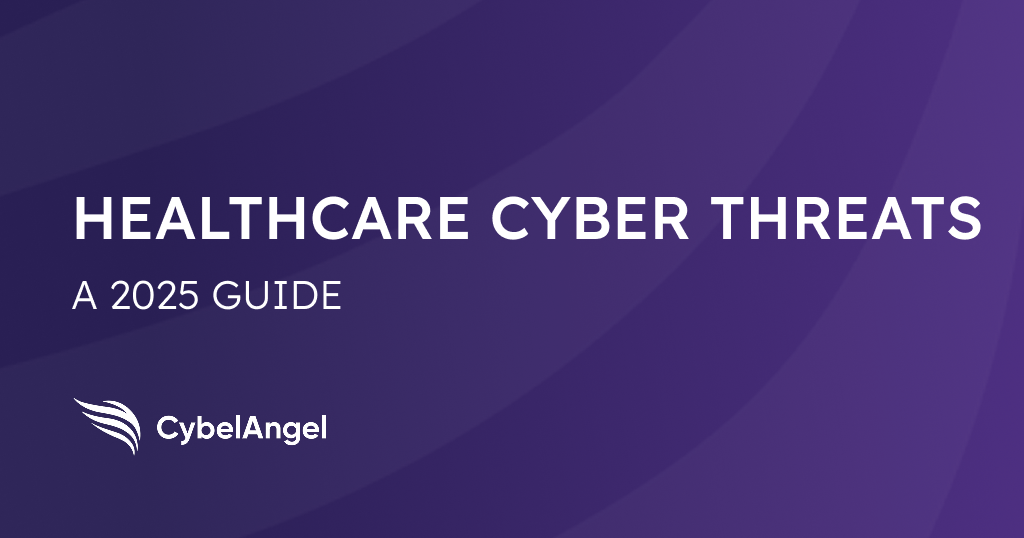Silent Intruders: How Digital Health Records Face Long-Term Security Threats That Could Impact Your Wellbeing
In an increasingly digitized healthcare landscape, the security of electronic health records (EHRs) has become a critical concern that affects both healthcare providers and patients alike. Recent statistics paint a concerning picture of the vulnerabilities in our digital health infrastructure, with far-reaching implications for personal privacy and patient care.

The Growing Threat Landscape
Healthcare organizations face an unprecedented wave of cyber threats targeting sensitive patient information. According to recent data from 2025, the healthcare sector has witnessed a dramatic surge in data breaches, with electronic health records being particularly vulnerable. The sophistication of these attacks has evolved significantly, presenting long-term challenges that extend far beyond immediate data loss.
Current State of Healthcare Data Security
Recent statistics reveal that 53% of healthcare data breaches are directly attributed to EHR incidents, highlighting the critical nature of this threat. These breaches not only compromise sensitive medical information but also pose significant risks to patient care and organizational operations.

Long-Term Impact on Patient Care
The consequences of compromised health records extend far beyond the immediate breach:
Prolonged Data Vulnerability: Once health records are exposed, the information remains vulnerable indefinitely, as medical histories cannot simply be changed like passwords.
Identity Theft Risk: Stolen health records often contain comprehensive personal information, making them particularly valuable for identity theft purposes.
Treatment Complications: Corrupted or altered medical records can lead to inappropriate treatment decisions, potentially endangering patient safety.
Emerging Security Challenges
Ransomware Evolution
Modern healthcare facilities face increasingly sophisticated ransomware attacks that specifically target EHR systems. These attacks have evolved from simple encryption schemes to complex operations that can:
- Exfiltrate sensitive data before encryption
- Remain dormant in systems for extended periods
- Selectively target critical care information
Integration Vulnerabilities
As healthcare systems become more interconnected, the attack surface continues to expand. Integration points between different systems create potential security gaps that cybercriminals can exploit. This includes:
- Third-party software connections
- Remote access portals
- Mobile health applications
- IoT medical devices
Protective Measures and Best Practices
For Healthcare Organizations
Implement Zero-Trust Architecture
- Verify every access attempt
- Limit access privileges
- Regular authentication checks
Enhanced Monitoring Systems
- Real-time threat detection
- Behavioral analysis
- Automated response protocols
Regular Security Audits
- Comprehensive system assessments
- Vulnerability scanning
- Compliance verification
For Patients
Monitor Your Health Records
- Regularly review your medical records
- Report suspicious activities
- Keep track of all healthcare provider communications
Protect Personal Health Information
- Use strong passwords for patient portals
- Enable two-factor authentication
- Be cautious with health-related apps
Future Considerations
The healthcare industry must adapt to evolving threats while maintaining efficient patient care. This includes:
- Implementing AI-powered security solutions
- Developing blockchain-based record systems
- Establishing improved industry-wide security standards
- Creating robust incident response plans
Preventive Strategies
Healthcare organizations should focus on:
Staff Training
- Regular security awareness programs
- Phishing simulation exercises
- Protocol compliance training
Technical Controls
- Advanced encryption methods
- Secure backup systems
- Network segmentation
Policy Development
- Clear security guidelines
- Incident response procedures
- Data handling protocols
The Path Forward
As we continue to rely more heavily on digital health records, the importance of protecting these vital information assets cannot be overstated. Healthcare organizations must remain vigilant and proactive in their security measures while preparing for future challenges.
Ready to enhance your cybersecurity knowledge and protect your organization's digital assets? Explore our comprehensive range of cybersecurity courses and resources at 01TEK. From basic security awareness to advanced threat protection, we offer the tools you need to stay ahead of evolving digital threats. Visit 01TEK.com today to learn more about our specialized training programs and start your journey toward better security preparedness.
Sources: 1. HIPAA Journal - Healthcare Data Breach Statistics 2. CybelAngel - Healthcare Industry Cyber Threats 3. JAMA Network - Ransomware Attacks Analysis 4. UpGuard - Healthcare Data Breaches 5. Market.us - Electronic Health Records Statistics
Vision without action is a daydream. Action without vision is a nightmare.
Japanese Proverb



